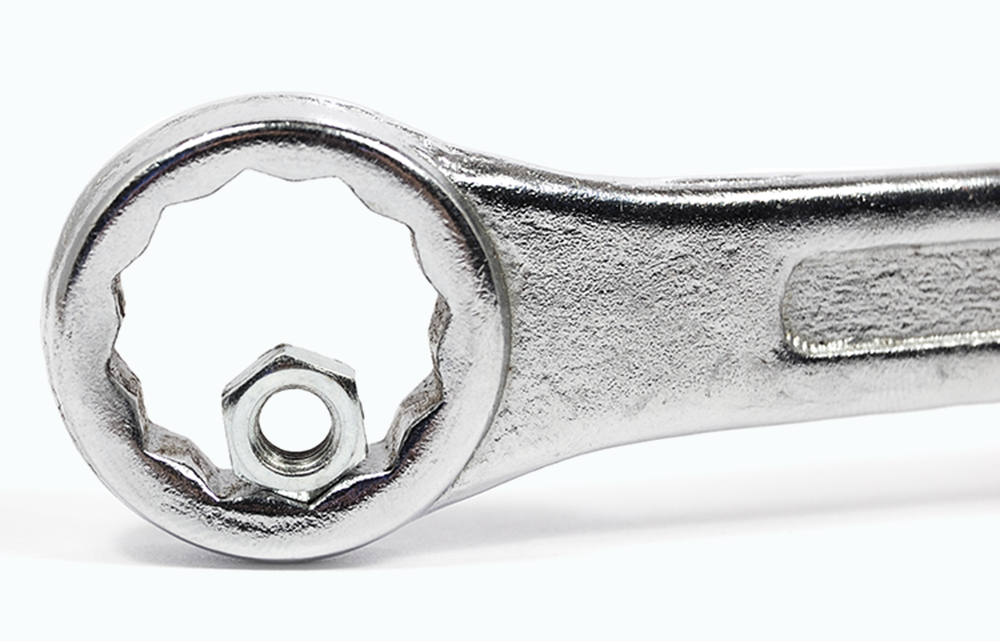Fire Alarm Engineer Qualifications

Fire safety and security are paramount concerns in the UK, with businesses and individuals relying on robust systems to protect lives and property. One key aspect of this defense is the expertise and qualifications possessed by engineers.
These professionals play a crucial role in designing, installing, and maintaining systems that meet regulatory standards and ensure the highest level of security. In this article, we will explore the qualification needed and expertise that UK-based alarm engineers possess, highlighting their vital role in safeguarding lives and property.
Professional Certification
Engineers in the UK are typically required to hold professional certifications such as the Fire Industry Association (FIA) Training Certificate or the British Approvals for Fire Equipment (BAFE) qualification. This qualification demonstrates their competence in safety regulations, system design, installation, and maintenance. They need this certificate to have the correct engineer qualifications for fire alarm jobs.
System Design and Installation
Engineers play a pivotal role in design and installation. They assess the premises, consider potential risks, and design a system that meets the specific needs of the building (you could specialise alarm installation in a specific building type, for example – commercial). This includes determining the optimal placement of detectors, ensuring coverage of critical areas. This means they can install systems safely.
Integration with Other Systems
In today’s interconnected world, fire alarm systems often need to be integrated with other security systems such as access control, CCTV, and building management systems. Engineers have the qualification and expertise to design and implement seamless integration, enabling the centralised management, installation and monitoring of multiple systems for enhanced fire detection, security and efficiency.
CCTV installer Security systems installers fit and service electronic systems that detect intruders or manage access to buildings.
Emergency Planning and Training
Fire alarm engineers contribute to emergency planning by working closely with clients to develop evacuation strategies, protocols, and conducting training sessions for staff. Their comprehensive understanding of fire alarm systems enables them to educate employees on response procedures and help them practice, evacuation routes, and the proper use of equipment.
Up-to-Date Industry Knowledge
Engineers stay abreast of the latest advancements and trends in technology. They actively participate in training programs to improve their skills, seminars, and industry conferences to update their skills. This ensures that they can offer cutting-edge solutions and leverage innovative alarm technologies to enhance the effectiveness of systems. The qualifications on offer have of course been developed to reflect job roles.
Emergency Response Coordination
Knowledge of Fire Legislation
Engineers possess a thorough understanding of the appropriate legislation in the UK, including the Regulatory Reform Order 2005. They are well-versed in the legal obligations and responsibilities that businesses and property owners have , enabling them to design and implement fire safety systems that meet regulatory requirements.
In addition to regulatory compliance, engineers adhere to industry best practices when designing and installing systems, to ensure fire detection. They consider factors such as false alarm reduction, zoning, and detection sensitivity, ensuring that the system operates optimally and minimises the risk of false activations while providing effective fire detection.
Customer Support and Service
Alarm engineers provide comprehensive customer support throughout the lifespan of the alarm. They offer guidance on system operation, schedules maintenance, and provide prompt assistance in case of any issues. Their dedication to customer service ensures that clients receive ongoing support and have a reliable point of contact for any concerns.
Adapting to Technological Advancements
As technology evolves, fire alarm engineers remain adaptable and open to incorporating new advancements into their practice. They stay informed about emerging technologies which allows them to keep up to do date with fire alarm qualifications and installation.
Every Job is Easier if You Have the Right Tools
